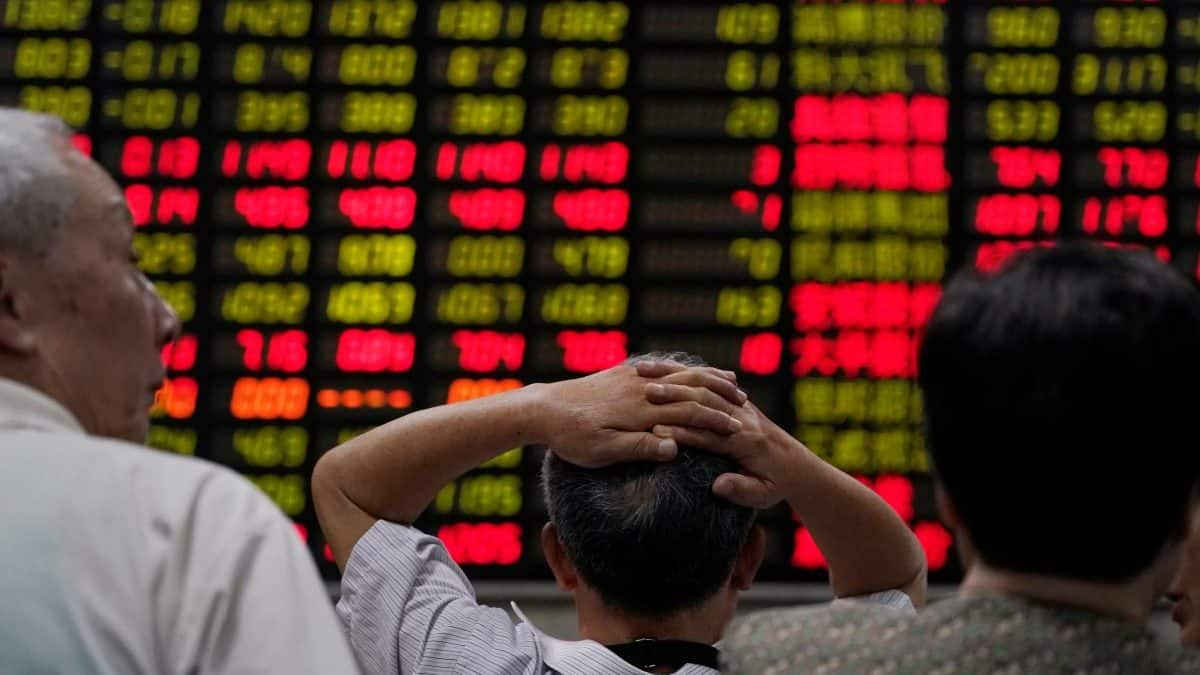Perils of investing in unlisted shares: PharmEasy, Reliance Retail hurt traders who invested on FOMO
By Arihant Bardia
“An early bird catches the worm” is an idiom we have heard in some form or another. For years, Institutional Investors have been endeavoring to buy a good business early to capitalize on higher returns. HNIs have followed suit by chasing Pre IPO shares, but a few recent events have been a brutal awakening for them.
Another enigma is PharmEasy. The company raised its last round in Oct 2021 at a valuation of $5.6 billion after acquiring diagnostic chain “Thyrocare” for ~ Rs 4,500 crores. Soon, PharmEasy was the talk of the town, with the price per share going up in private markets from Rs 90 to Rs 135 in no time. However, things took a U-turn after that, as PharmEasy couldn’t raise its next round. The company took a large debt to finance the Thyrocare acquisition that is due for repayment. With the increased cost of capital and no possibility of IPO, there was no choice left. The company is in talks to raise Rs 2,400 crore through a rights issue at a valuation 90% lower than its last round.
These examples are classic FOMO behavior. As investors, we often want to jump on the latest investment trend, fearing that we might miss out on potential gains. However, this fear can lead to impulsive decision-making, causing us to make irrational investment choices.
What can one learn from these examples
Never mimic Institutional Investors:
PE & VC funds are different animals with far different investment horizons & risk appetites. Also, they follow “Power Law” more diligently by spreading their bets. Also, the contours of the deals done by VC Funds are mostly in their favour. VCs widely use Liquidation Preference & Anti Dilution Rights. In PharmEasy, most investors who invested in the last round at $5.6 billion valuation have Anti-Dilution rights inbuilt, which means that if the company raised money at a lower valuation, they would be compensated by being given more shares, free of cost. For a round happening at a 90% lower valuation, the VCs will be allotted 10X more shares. HNIs who bought the shares from the market don’t have that protection.
Don’t Catch A Falling Knife:
Savvy investors believe in Averaging Up rather than averaging down. While it may look prudent to buy more of PharmEasy at Rs 50/share, if you bought initially at Rs 100/Share, you may feel your average has come to Rs 75/ share. But you have lost more now since the price is far lower. Throwing good money on bad money, not worth it.
Be Willing to Wait for a Liquidity Event:
It may take far longer for a planned IPO to happen, even for stable, profitable businesses. The reasons could be any. Take NSE, for example, a great cash-throwing business whose earnings doubled in the last couple of years, but its IPO keeps on getting delayed for regulatory reasons. You can always sell at distressed pricing in private markets if you need money, but it takes a lot of mental strength.
Having said this, pre-IPO investing has a lot of merit and should be part of the “satellite” allocation of the portfolio, provided:
The allocation is within your risk framework.You are willing to be patient to hold these investments indefinitely without seeking interim liquidity.You have help from your advisors to overcome information asymmetry.
These are exciting times to be a risk investor in India, and given more time, Indian markets will mature to a better understanding of new-age businesses and start treating them differently. The key for an investor is to make lesser but informed decisions and stay patient.
(Arihant Bardia, CIO and Founder, Valtrust on Unlisted shares.Views expressed are the author’s own. Please consult your financial advisor before investing,)
